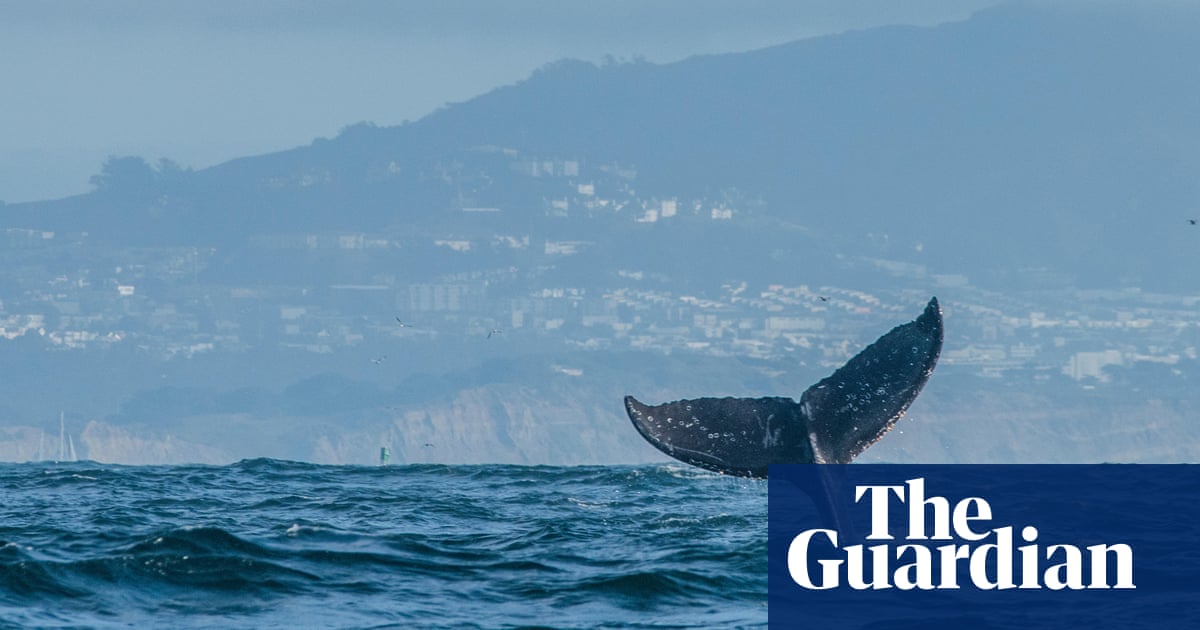At an age when many people are preparing for retirement, Sir Kit McMahon, who has died aged 97, made his first move into business. In 1986 McMahon, an economist and central banker, was parachuted into Midland Bank to rescue the once-mighty institution – a process that eventually led to its takeover by the Hongkong and Shanghai Bank (HSBC).
The period was, he said, “the most exciting and enjoyable of my life”. But it was a difficult time and, while nobody doubted McMahon’s intellectual powers, his belated transformation into a bank chief executive was only a partial success.
His arrival at Midland came after 22 years at the Bank of England. The transition from the rather rarefied atmosphere he had been used to was not only exciting, as McMahon said, but also required a ruthlessness that few had expected from him. Two directors departed soon after his arrival. A raft of other senior executives followed, paying the price for Midland’s disastrous foray into US banking with the 1980 acquisition of Crocker National, and a flabby performance at home.
But turning round the bank, which had once been Britain’s biggest, proved more difficult than he, or most other observers, had anticipated, and in 1987 Midland announced a loss of £505m. Two years later it was in loss again. The legacy of Crocker, which had been sold before the new chief executive arrived, lived on in bad loans to developing countries, which had to be written off.
This was also the time of the City’s big bang, when all the banks were desperately trying to build investment business, and Midland had to find money to finance this new activity. It also proved difficult to slash costs fast enough, and the bank seemed prey to calamity. In 1989 Midland guessed that interest rates were going down. Instead they went up, and it lost £116m.
The most obvious solution was to arrange a marriage to a more prosperous suitor. HSBC just happened to be looking for a bride, eager both to escape its Hong Kong base before the planned handover to China, and to build its business in Europe. But even this arrangement proved troublesome to pull off. HSBC bought an initial 15% of Midland’s shares in 1987, but negotiations broke down two years later and the deal was temporarily shelved. Talks were later revived, with the takeover taking place in 1992.
By then, however, McMahon had departed. In March 1991, he announced that Midland would cut its dividend, the first bank chairman in 50 years to do so, and then, shortly afterwards, that he would be stepping down from the role of executive chairman. When asked “Were you pushed?” at a press conference, he declined to answer. He stated: “I hope to find retirement a little more relaxing.”
McMahon was born in Melbourne, Australia, the son of John, a doctor, and Margaret (nee Brown). He went from Melbourne grammar school to study history and English at Melbourne University, and then did a stint there as a lecturer in 17th-century English literature.
The transition to banking began with a move to the UK, where McMahon followed up his first from Melbourne with a first in philosophy, politics and economics at Magdalen College, Oxford. In 1954 he was snapped up by the Treasury, where he worked for the rest of the decade, ending with a three-year spell as economic adviser at the British embassy in Washington.
In 1960, however, McMahon was tempted back to Magdalen, where he spent four years teaching economics. Pure academia was dull after the more practical life he had experienced, and the Bank of England offered an attractive halfway house.
Life in the central bank gave him the chance to apply his considerable intellect to complex problems of economic policy, at a time of considerable change. McMahon joined the Bank in 1964, just as Labour came to power. For the rest of the 1960s Harold Wilson’s government battled to control the economy – sometimes being berated by the Bank for its inadequate control and caution so far as monetary policy was concerned – including devaluation of the pound in 1967.
In the 1970s the Bank had to struggle with runaway inflation in the wake of the first oil price hike, leading to the onset of monetarism, initially under the Labour chancellor Denis Healey, then more ferociously with the arrival in 1979 of Margaret Thatcher’s first administration.
McMahon came through these troubles with flying colours, to the extent that he was appointed a deputy governor in 1980, having been an executive director throughout the previous decade. The governorship could have been his two years later, but with Thatcher in Downing Street, this was a time when public servants tended to prosper only if they were “one of us”. McMahon – urbane, cultured, intellectual – was certainly not, and Thatcher chose Robin Leigh-Pemberton as successor to Gordon Richardson.
He remained deputy governor, and was heading quietly for retirement when Midland Bank suddenly needed a safe pair of hands at the top to rescue it from some injudicious adventures.
Knighted in 1986, McMahon served on various boards after leaving Midland, and indulged his love of books, art, gardening, and the other leisurely pursuits of a man more suited to academia or public service than to big business.
He is survived by his second wife, Alison (nee Braimbridge), whom he married in 1982, and by two sons, Simon and Jasper, from his first marriage, to Marion Kelso, which ended in divorce.

.png) 1 month ago
21
1 month ago
21













































